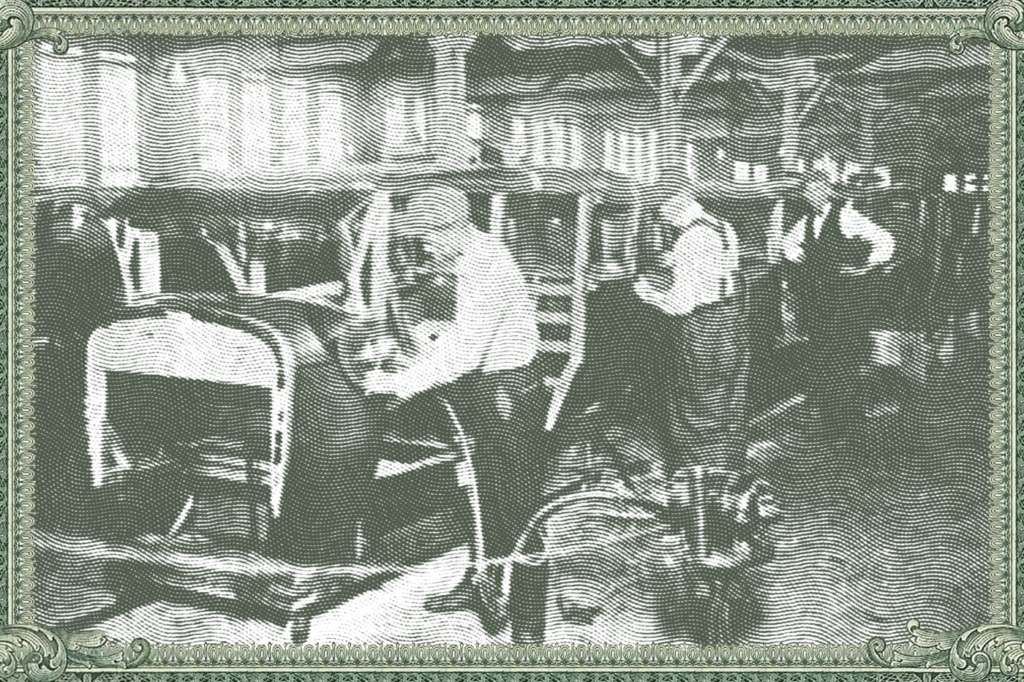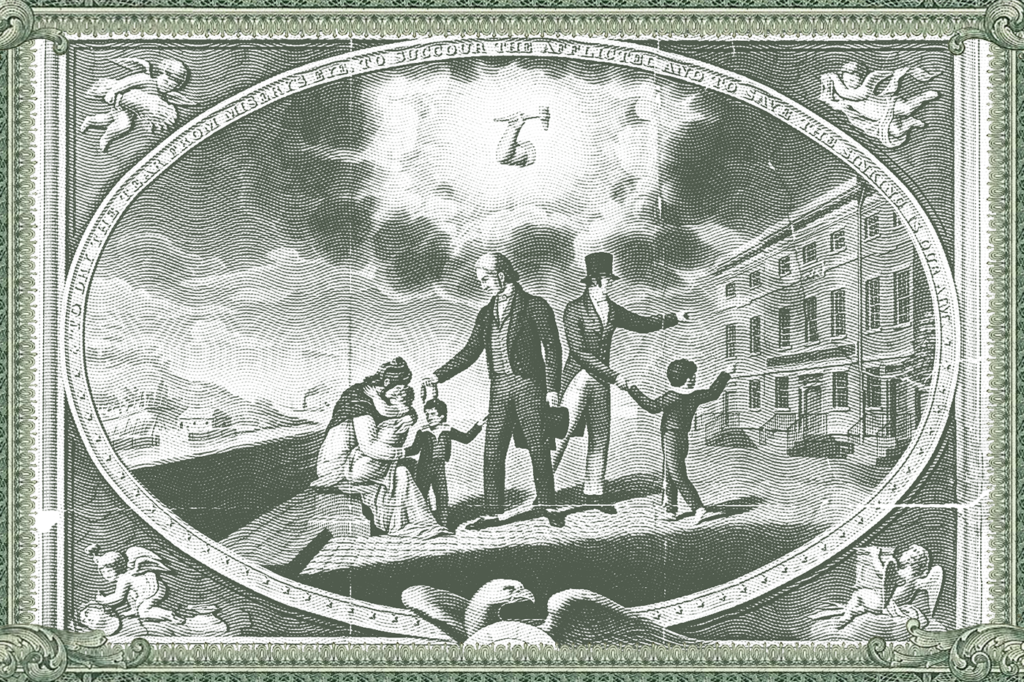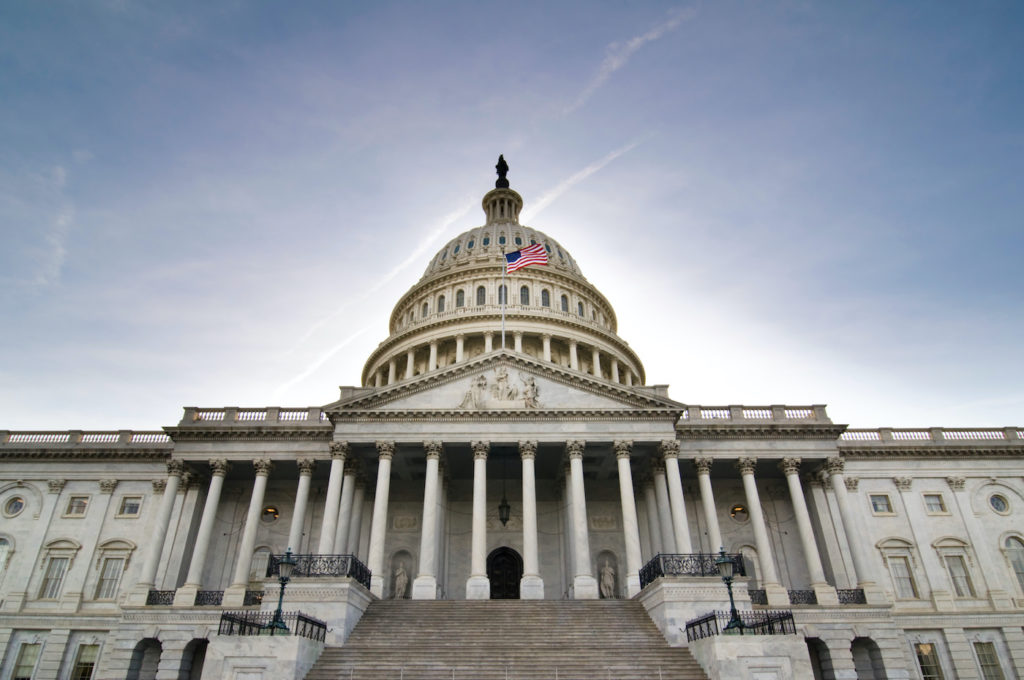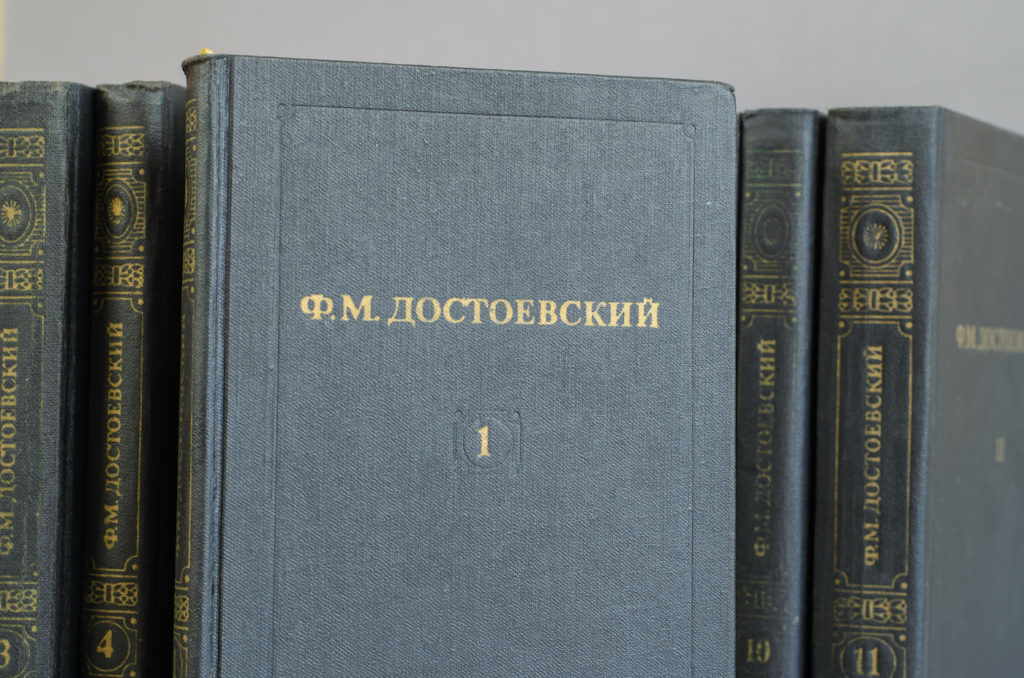Are Marriage and Parenthood Only for the Wealthy?

In a post-industrial society where marriage and fertility are expressions of values, rather than buttresses for economic security, policies that strive to make it as easy as possible for people to get married and have children should be at the forefront of the agenda. Broader state investment alone cannot take the place of a pro-family culture, from media outlets to religious institutions to schools.
The Burden of Being a Family

As some of the financial benefits to marriage have eroded, it can be tempting to use policy to make family formation more attractive. The rising median age at first marriage and first birth, however, largely arise from a mix of technological progress and preference for career, which aren’t things policies can reverse. Better solutions come from civil society, where entrepreneurs work to find solutions to the everyday problems modern parents face and religious communities help young adults order their priorities.
The Cash Economy’s Liquidation of Social Stability

In some ways, the central problem of America has become liquidity: wealth, energy, and the self all have lost their solidity. The flow of money has had a profoundly corrosive effect on our financial institutions and also our social ones. But there’s no going back to a golden age. Only by reinvigorating our modes of association can we successfully address the pathologies brought on by the quest for financial (not economic) independence.
Intergenerational Wealth: A Vision of Property and Stewardship

An ethic of stewardship induces a person to acquire and care for property, and the ownership of property helps to stimulate an ethic of stewardship. When both are present and healthy, the formation of intergenerational wealth—in the form of intergenerational property—will naturally emerge.
Gratitude in an Angry Time

We must resist the sense that gratitude has no place in this era of frequently justified outrage. In fact, gratitude may be exactly what can help us distinguish justified from unjustified outrage. And, in any case, gratitude is the proper disposition toward all the good we have been given that we have done so little to earn.
Dobbs and the Renewal of Federalism

We should celebrate Dobbs—but cautiously, for it is only the beginning of the project of constitutional restoration that needs to be done. If Dobbs is to stand, American society must move away from the stifling, tyrannical concentration of national power that we are experiencing now and begin a return to the balanced government of the Founders’ Constitution.
Americans Must Recognize Good and Evil in the War in Ukraine

As the United States becomes increasingly divided over aid to Ukraine, it is more important than ever that the national conversation begin with the understanding that Ukraine is “the good guy” in this fight. The ability to view the Ukraine crisis with moral clarity is essential, not just for crafting a successful foreign policy, but for reaffirming America’s own principles.
Lincoln’s Marks of Democracy

Take Lincoln’s words so that we will remember to speak frankly about what we consent to, and what we do not; take them, so that we march, not to hangings and burnings, not to cancellations and silencing, but to public forums and to ballot boxes, those altars of democracy.
How to Make Abortion a Winning Issue: Midterm Lessons for Republicans

Imagine if every GOP politician gave interviews explicitly detailing why elective abortion is not a health-care procedure and is never medically indicated—why, indeed, abortion isn’t beneficial to women’s health at all. The Republican choice not to develop such a strategy so doesn’t prove that the pro-life message has failed; it proves only that Republicans have failed to articulate that message.
Colorado’s Anti-Discrimination Law: Justifying Harms to Religious Minorities with Ideological Science

While the minority stress theory has been effective in helping advance an “ideological agenda” for “social change,” it has been much less effective in explaining the negative health disparities found among sexual minorities, disparities which remain despite ever-broadening social acceptance. Invoking minority stress theory is not about protecting LGBT-identified people from harm. It’s about stamping out dissent and vilifying those who disagree.
The Advice Column of Expressive Individualism

The expressive individualists promised a world in which moral conventions could be cast off in favor of something more beautiful, purposeful, passionate, and true. Instead, we have been left with an aimless, bloodless, timid culture.
Hannah Arendt’s Vision of Freedom

In the face of totalitarianism, Hannah Arendt’s independence of spirit—her reluctance to attach herself to a partisan or intellectual movement—exemplified precisely the sort of political action that she believed to be the foundation of freedom. In our own age of polarization, she stands as a powerful reminder of the necessity—and even the nobility—of political engagement.
Liberal Individualism Is Undermining Itself

By making the false ideal of independence the basis of our political and social order, we end up denigrating actual, dependent human lives. But life begins in dependence and remains inseparable from unchosen obligations. We have responsibilities to others, for which we have not signed a contract.
The Bookshelf: Lost (and Found) in Translations

Is literalness the true criterion of a good translation? It may be that for study, the literalness to which Allan Bloom and Harvey Mansfield aspire in their translations of Plato and Machiavelli is the thing needful. But a good case can be made that for readers of English translations to get a sense of a story’s power, small departures from literalness, and perhaps even large ones, will be necessary on the translator’s part.
The Catholic Church Must Be Allowed to Serve the Victims of Gender Ideology

It is precisely to express Christ’s love that the Catholic Church has so many caring ministries: for the sick, for women in crisis pregnancies, for migrants, for the poor, and for others on the margins—including transgender-identifying people. Amid the debates over how to best care for those struggling with gender identity, the Department of Health and Human Services proposes so-called “nondiscrimination” rules that would prevent our ministries from helping people.
The Piety of Patriotism: A Reply to Susan Hanssen

As the American story enters its fifth century, the list of those who have earned the right to be called fathers and mothers of our country grows ever longer. As we retell our national story to each generation, we will of course continue to argue about whether some of the characters were really heroes or villains—a debate that is part of every nation’s storytelling. But unless we can recover a certain generosity towards those who came before us, we will find ourselves with nothing to pass on to those who come after.
Discovering America

Conservatives must be patriots—it is not possible to be a conservative and say that there is nothing valuable or worth preserving from your own nation’s cultural tradition. The desire to fight for the integrity of your own country has got to come from a visceral love for your country or else it will not seem worth any struggle against its corruption.
America’s Way Forward on Marriage

Families, religious communities, community organizations, and public policymakers must work together toward a great goal: strengthening marriage so that each year more children are raised by their own mother and father in loving, lasting marital unions.
Truth-Seekers or Coddlers at the Elite University? A Conversation with James Orr

An ideologically captured university creates the illusion of consensus on questions that in fact are highly contested off campus. That makes public disagreement a puzzling and unintelligible phenomenon. It creates a cascade of resentment and negative sentiment throughout the rest of the elite classes towards any dissenting views in the public square. It shatters a society’s understanding of itself and its role in the world, of what social flourishing looks like.
What Happened to “Live and Let Live”?

Liberalism cannot survive as a political philosophy capable of fostering human flourishing if it abandons its supposed virtues of protecting freedoms of religion, speech, and commerce. Yet, as we observe the march of the left on human sexuality, we see an incredible Javert-like intensity in hounding those who offend its sensibilities. We’ve forgotten that liberalism means winning incomplete victories and living with disagreement.
Minimalist Religious Freedom as a Self-Inflicted Wound

Philip Muñoz’s new book helps illuminate the “social contract–natural rights” style of reasoning that was undoubtedly influential at the Founding. But I find it hard to follow—or, for that matter, to fathom—when this sort of reasoning from fictions is deployed normatively to justify contemporary prescriptions that would otherwise seem unjust or undesirable.




